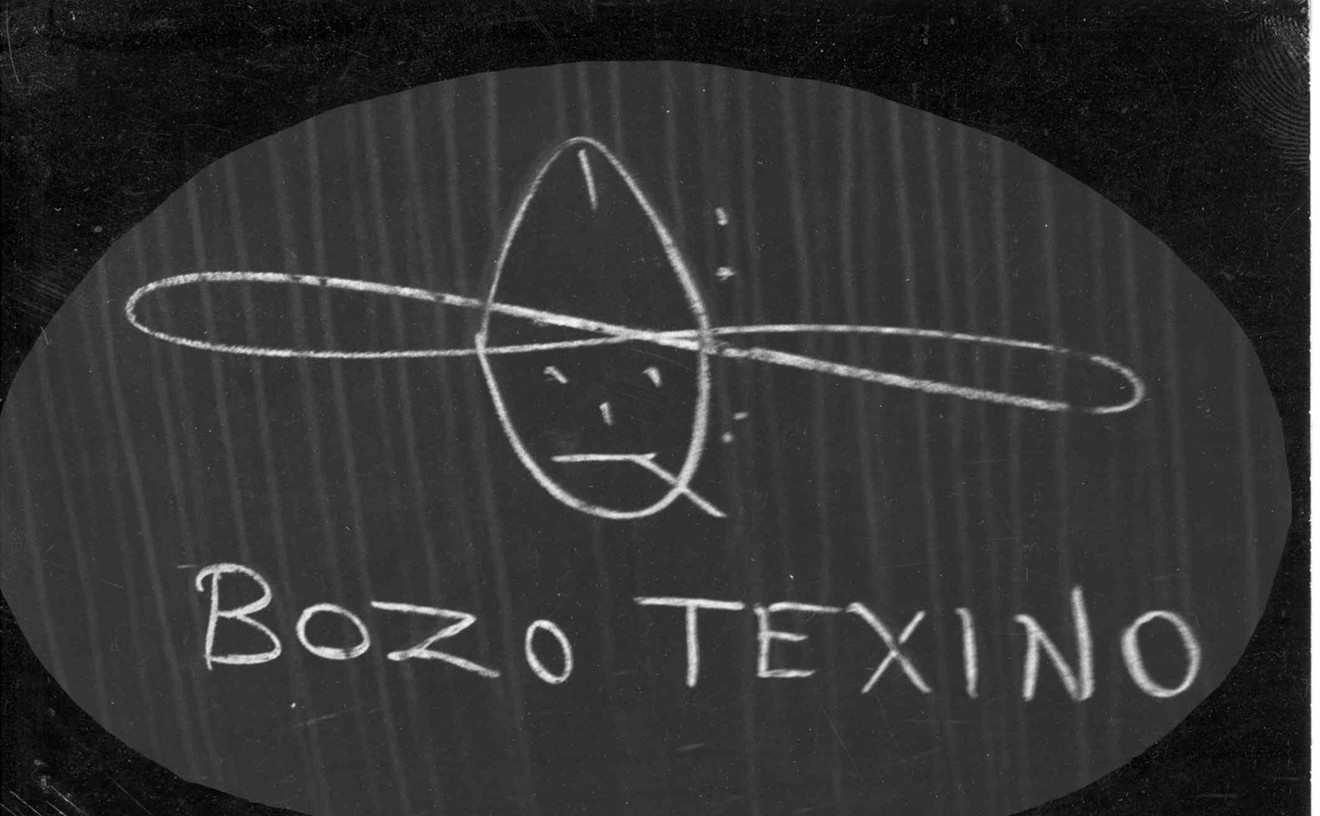When I saw the reading of Lloyd Suh's Great Wall Story at last year's New Play Summit, I thought it smart and entertaining, a lighthearted take on some pretty serious topics, but with one specific problem: Suh's depiction of an adolescent boy, who behaved in ways I couldn't imagine any real kid behaving. Fix that, I thought, and you'll have something. But in this world premiere, the character isn't fixed, and another big problem has been added: hammy, over-the-top acting.
Great Wall Story is based on a true incident. In 1899, four bored Denver reporters, hungry for a decent story, gathered at the Oxford Hotel and came up with an idea: They would all print the news in their respective papers that the Great Wall of China was coming down, that the Chinese wanted to engage with the outside world, and that a Denver engineer was on his way to provide expertise. In real life, the news item gained a bit of national traction and then petered out. But eventually a myth arose that it had been the cause of the Boxer Rebellion and the death of tens of thousands of people.
Suh's version incorporates the myth. It also cuts the number of reporters to three and makes one of them, Jack Tournay, a recent widower with a profoundly disaffected son named Charles. Charles is charmed and delighted by the fake news story; if China's wall can come down, he reasons, there's hope for the world. When a teacher expresses doubt, Charles becomes abusive and accuses him of speaking "from your own fat asshole." When he finds out later that his father has indeed lied, he knocks him to the floor. Even if you buy the idea of a youngster so idealistic that he's transformed by the idea of national barriers tumbling — and you remind yourself that this kid has just lost his mother — his violent rages suggest psychosis, pure and simple.
The tall tale eventually draws in Joseph Pulitzer, then editor of the New York World, and he sends employee Harriet Sparrow to Denver to check it out. The character of Sparrow is based on Nellie Bly, a real reporter who famously faked insanity to expose conditions in a women's mental institution.
There are interesting ideas in Great Wall Story about the way news is made and public opinion formed, and they're particularly relevant now, as we enter an era in which fiction again supersedes fact in so many venues — on the air, primarily, rather than in the sadly dwindling world of print, because while newspapers may use facts selectively, rely on shifty sources or uncritically quote the powerful, they don't usually make up stories whole cloth. The play also invites us to contemplate the essential nature of lying. When Harriet presents herself to Tournay as the wife of one of the fictitious men on the imaginary ship, there's a wonderful moment of pure stupefaction as he contemplates the possibility that his fiction has somehow taken on life. Then there's the place of women in turn-of-the-last-century America: Harriet is the only person in the play with a real respect for news and the guts and intelligence to hunt it down, but her gender makes finding work a struggle, and her commitment, too, will eventually disintegrate.
At the Summit reading, Harriet was played straightforwardly as a keen-eyed, tough-minded woman. In the scenes when she confronted each reporter in turn, you found yourself torn. You really wanted to see the hoax unravel because something in us yearns for clarity and truth; at the same time, you liked and wanted to protect the roguish perpetrators. But in the full production, Merritt Janson portrays Harriet so broadly — her anxious wife could have stepped straight out of a melodrama — that the words she speaks barely register, and it's impossible to suspend disbelief and care about the outcome. The men, too, are generally unbelievable. Only Mike Hartman as John King carries conviction — and even here you can't help thinking how much more this fine actor could have done with the role if the rest of the action weren't so rushed and high-pitched: a middle-aged guy who once had big ambitions stuck in a backwater town, bragging and drinking his life away until the day he gets a single crazy and inspired idea.











